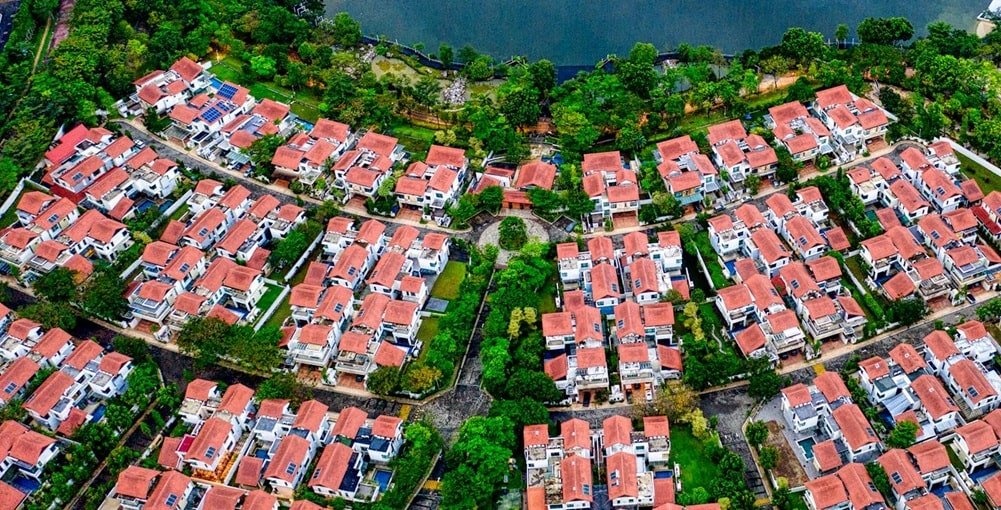The Best and Worst Times to Buy Property in Malaysia
Buying property is never an easy task. It is a huge investment and can be a critical decision in one’s financial journey. In Malaysia, like in many other countries, the timing of purchasing real estate can greatly influence the return on investment and overall satisfaction with the property. Understanding the cyclical nature of the real estate market, along with various economic and social factors, is important to make an informed decision. In this article, we will delve into the best and worst times to buy property in Malaysia. We will highlight key factors that prospective buyers should consider.
The Best Times to Buy Property
1. During Market Downturns
The best time to buy property is often during market downturns or economic recessions. Real estate markets in Malaysia are heavily influenced by broader economic cycles. During periods of economic slowdown, property prices tend to stabilize or even decrease. For example, during the COVID pandemic and the 2008 global financial crisis, Malaysia’s property market presented opportunities for savvy investors to purchase properties at lower prices. Buyers who are well-prepared to act during such downturns can take advantage of reduced prices and less competition.
2. When Interest Rates are Low
Interest rates play a huge role in the cost of financing a property. When the central bank lowers interest rates, borrowing becomes cheaper. As a result, it is a favorable time to buy property. The Malaysian central bank, Bank Negara Malaysia (BNM), adjusts interest rates based on economic conditions. For example, during the COVID-19 pandemic, BNM reduced interest rates to stimulate economic activity, which made property financing more affordable. Prospective buyers should monitor interest rate trends and consider purchasing property when rates are at their lowest.
3. Before Infrastructure Developments
Infrastructure developments are always the key factors when making a purchase decision. Transportation hubs, schools, or commercial hubs can significantly increase property values in the surrounding areas. Investing in a property before such developments are completed can yield substantial returns as the area becomes more desirable. For example, projects like the East Coast Rail Link are expected to boost property values in the regions they connect. Monitoring upcoming infrastructure projects and investing in advance can be a strategic approach to property investment.
4. During a Buyer’s Market
When supply exceeds demand, a buyer’s market occurs. A buyer’s market can give buyers the upper hand in negotiations. In Malaysia, this can be observed in oversupplied areas or when new property developments outstrip market absorption rates. In a buyer’s market, properties are often priced more competitively. Buyers may find opportunities to negotiate better deals or obtain more favorable terms. Researching market trends and property supply can help identify such opportunities.

The Worst Times to Buy Property
1. During Market Peaks
Buying property during a market peak can be detrimental to an investment. Market peaks are characterized by inflated property prices driven by high demand and speculation. In Malaysia, property markets can experience bubbles where prices soar due to speculative buying. For example, the property boom in Kuala Lumpur in the early 2010s saw rapid price increases, but many buyers who purchased at the peak faced difficulties as prices later corrected. Identifying and avoiding market peaks can prevent overpaying for a property and ensure better long-term value.
2. When Economic Indicators are Negative
Various economic indicators can provide insight into the overall economic health. These indicators include GDP growth, inflation, and unemployment rates. Purchasing property during periods of negative economic indicators can be risky. High unemployment rates, for instance, can signal economic instability and potentially affect property demand and values. In Malaysia, economic downturns and political instability can impact the property market. It is wise to avoid buying property during times of economic uncertainty to mitigate risks.
3. When Financing Conditions are Unfavorable
If financing conditions are unfavorable, such as high interest rates or strict lending criteria, it can be a challenging time to buy property. High interest rates increase the cost of borrowing, which can make property purchases less affordable and impact the overall return on investment. Additionally, stringent lending criteria can make it difficult to secure a mortgage, especially for first-time buyers. It is advisable to wait for more favorable financing conditions to ensure that the investment is financially viable.
4. In Overdeveloped or Saturated Markets
Buying property in areas that are overdeveloped or saturated with new developments can lead to difficulties in achieving a return on investment. Saturated markets often experience high vacancy rates and stagnant or declining property values. For instance, certain areas in Malaysia, particularly in urban centers, may see an oversupply of high-rise apartments leading to decreased rental yields and capital appreciation. Conducting thorough research and avoiding overdeveloped areas can help prevent poor investment outcomes.

Conclusion
The decision to buy property in Malaysia requires careful consideration of various factors and timing. By understanding these dynamics and conducting thorough research, prospective buyers can make informed decisions and optimize their investment potential. Ultimately, timing the property market wisely, coupled with diligent planning and market analysis, can lead to a successful and rewarding property investment experience in Malaysia.